
ESG Has Been Part Of Halal Since Its Origins
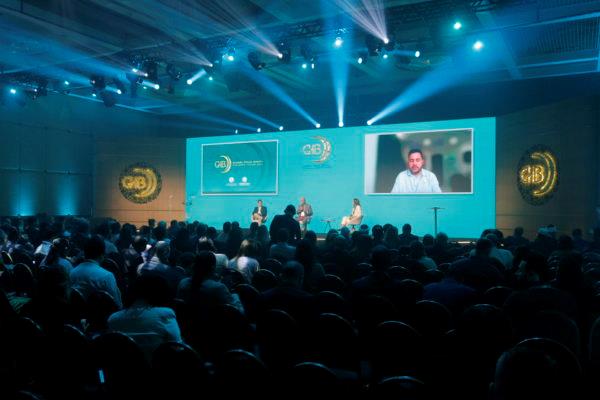
São Paulo – The similarities between the principles applied to halal goods and services and ESG – which stands for environmental, social, and corporate governance – were the topic of the second edition of the Global Halal Brazil (GHB) Forum that was held in São Paulo on Monday (23) and Tuesday (24) by the Arab-Brazilian Chamber of Commerce (ABCC) and certifier FAMBRAS Halal.
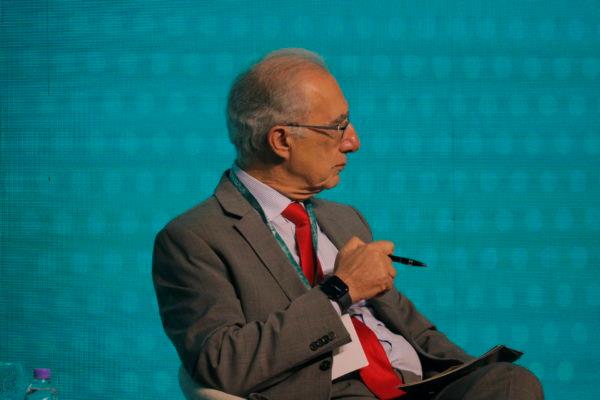
Rubens Hannun gave his insight into ESG and halal
Halal production minimizes ecological impacts by adopting sustainable practices like reducing the use of water and energy, minimizing waste, and using eco-friendly packaging like as advocated by the ESG.
Similarly, social responsibility and ethical practices are important values for halal, with governance models where there is fair treatment of workers, enforcement of labor standards, gender equity, and welfare across the supply chain.
These similarities were discussed at the panel“ESG Practices in Line with Halal Values,” moderated by Rubens Hannun, CEO of H2R Insights & Trends, who believes the principles that have long been used by halal are very synergistic with the ESG concepts, which have been discussed for much less time.
“ESG is part of halal since its origins,” said Hannun.“And Brazil, as the world's largest halal producer, has everything to lead this movement.”
For Sula Alves, technical director at meat lobby ABPA, halal shares a clear and inseparable relationship with ESG. She believes that both value sustainability, which is based on immediate local development without undermining future development.
“Sustainability is a driver for companies, organizations and countries, while ESG can be viewed as the reported result,” said Alves. She pointed out that although sustainability was born within the scope of the environmental discussion, the issue of the environment is just one of its three pillars, the other two being social aspects and economy.“You can't talk sustainability if there's no economic and social development.”
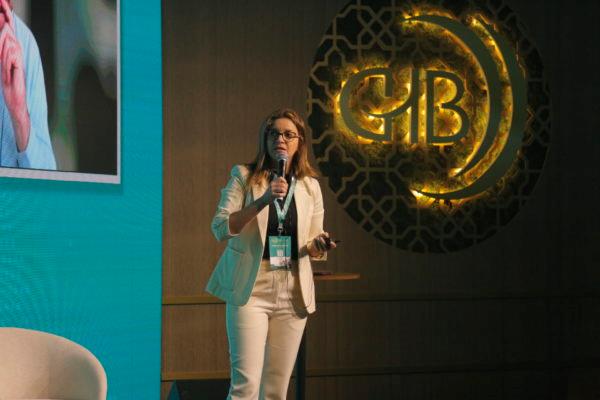
Alves said sustainability is a driver for companies
Alvez said Brazil is one of the world's largest players in animal protein production, particularly due to its availability to cater to different markets.“Besides being the world's largest chicken producer, we're the largest exporter of a meat that has no religious, cultural or nutritional restrictions and is perfect to fulfill the world's need for food.”
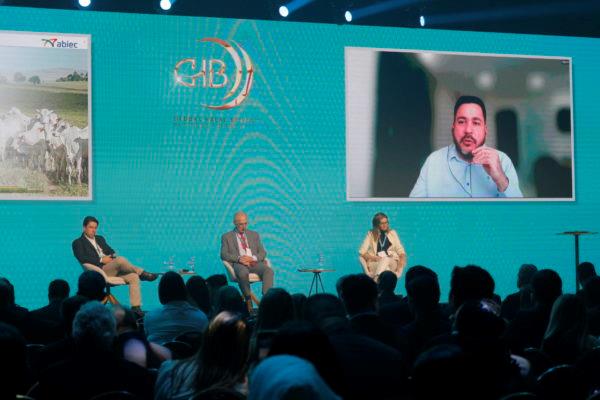
Fernando Sampaio (big screen) participated online
Fernando Sampaio, sustainability director of beef lobby Abiec, gave an overview of the industry. Brazil has 202.78 million head of cattle and slaughters 42.31 million head a year. That converts into 10.79 million of tonnes of beef, of which 7.78 million tonnes remain in the domestic market while 3.02 million tonnes are exported.
These are numbers that make the Brazilian livestock the largest commercial herd in the world. Abiec represents 80% of the slaughters and 98% of what's exported, mostly to Europe, and more recently to Russia, Middle East states, and China.“Our demand has grown particularly from emerging countries, because that's where there the population and income have increased.”
According to Sampaio, this foreign demand growth begs the question if Brazil will actually be able to meet it in a sustainable fashion. Halal beef exports are some of those that have expanded the most, including to China, for its Islamic population.
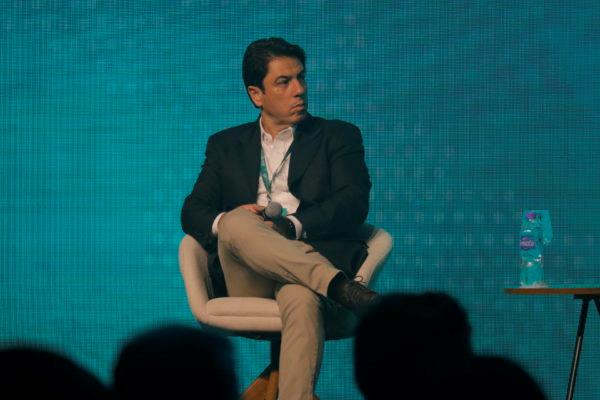
Marfrig's Almeida participated in the forum
Leonel Almeida, sustainability manager of Marfrig, says Marfrig applies the topic of sustainability across all its activities, from the source control of its animals to the way they are treated, the careful use of natural resources, and the reduction of greenhouse gases.“Whitout mentioning social responsibility as throughout all these activities, we're talking about people,” he said.
Marfrig now works with a series of prerequisites for suppliers so that the products it sells meet all ESG principles.“We observe at least ten items prior to each animal sale.”
Since 2020 the company has adopted the Marfrig Green+ program that aims to take all these standards into account not only with suppliers that sell them animals but across the entire chain that these animals have gone through.
The GHB is supported by the International Halal Academy, the Islamic Chamber of Commerce, Industry and Agriculture, the Union of Arab Chambers, and the Arab League, and it's held in partnership with the Brazilian Federal Government, Ministry of Development, Industry, Trade and Services, Ministry of Foreign Affairs, and ApexBrasil.
Its sponsors are BRF, Marfrig, Minerva Foods, Laila Travel, Turkish Airlines, Brazilian Tourism Board (Embratur), Travel Plus, H2R Insights & Trends, World Logistic Passport (WLP), Bank ABC in Brazil, Seara, Pão & Arte, Cristal Plus, Pamunã Alimentos.
Translated by Guilherme Miranda
Guilherme Marciano/ANBA Guilherme Marciano/ANBA Guilherme Marciano/ANBA Guilherme Marciano/ANBA Guilherme Marciano/ANBAThe post ESG has been part of halal since its origins appeared first on Agência de Notícias Brasil-Árabe .
.jpg)
Legal Disclaimer:
MENAFN provides the
information “as is” without warranty of any kind. We do not accept
any responsibility or liability for the accuracy, content, images,
videos, licenses, completeness, legality, or reliability of the information
contained in this article. If you have any complaints or copyright
issues related to this article, kindly contact the provider above.

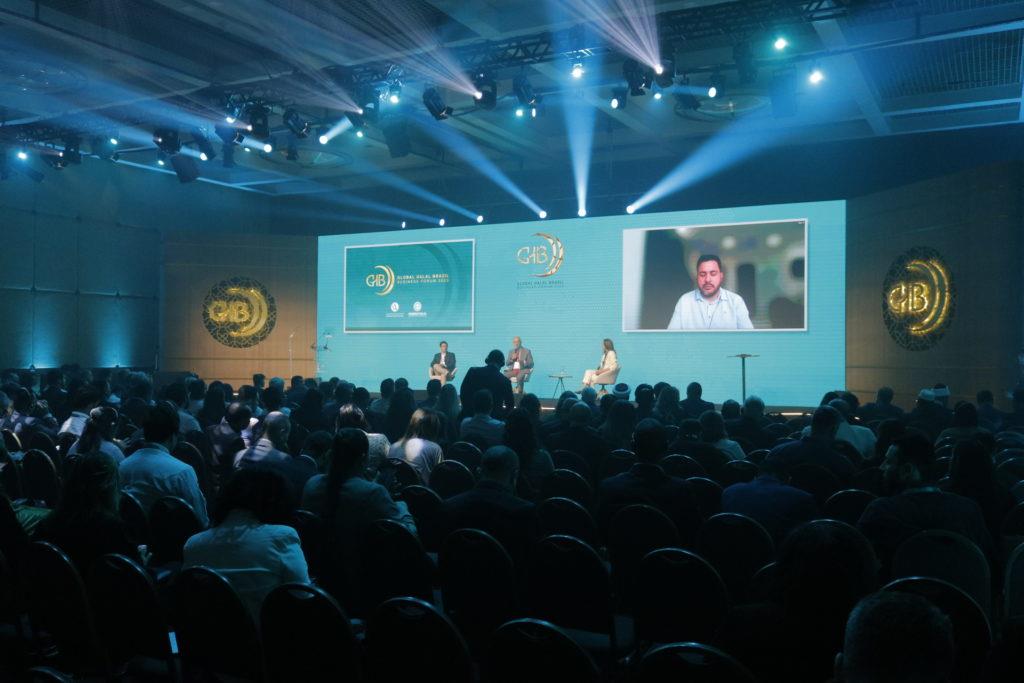
















Comments
No comment